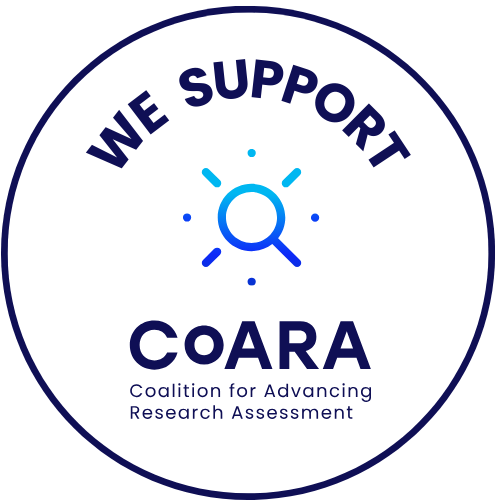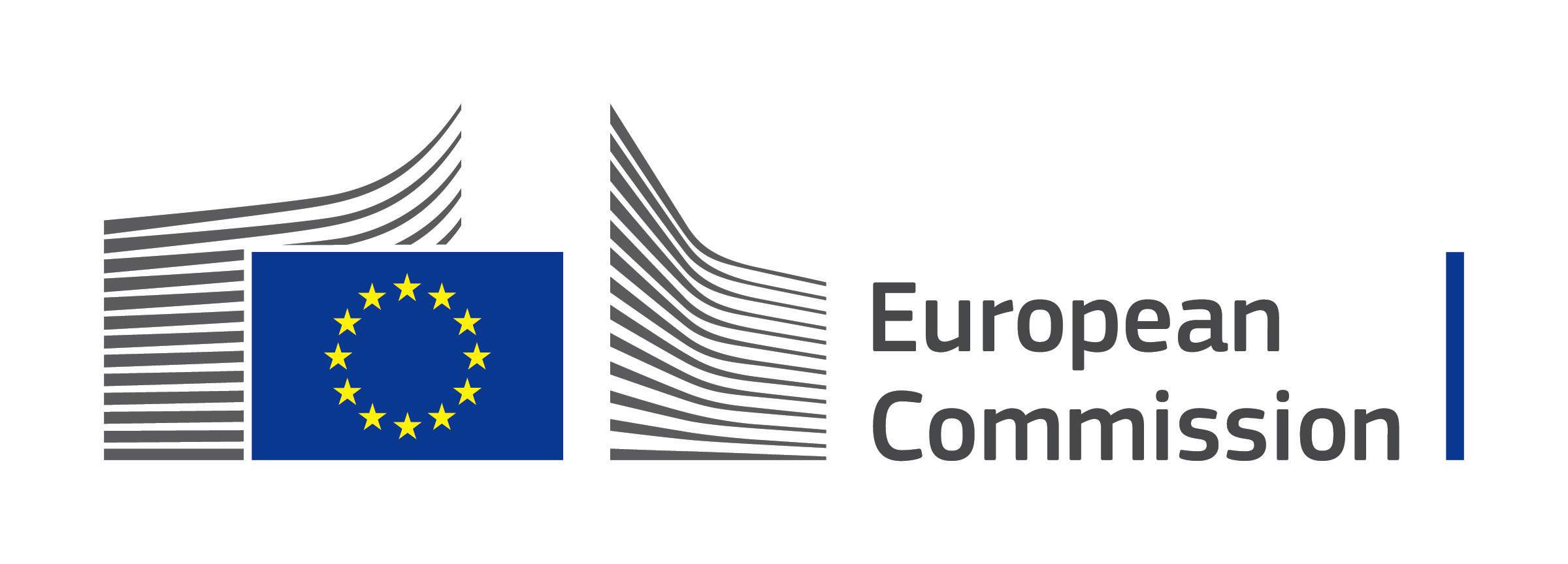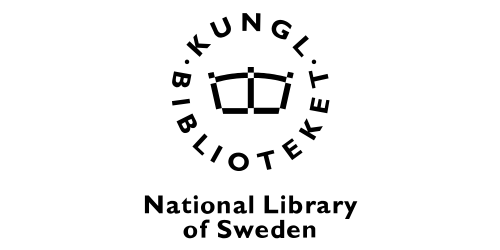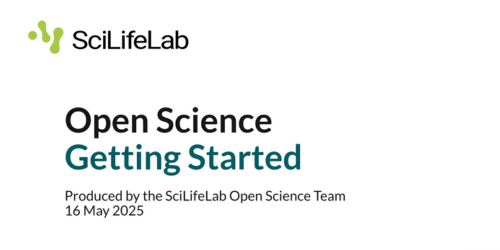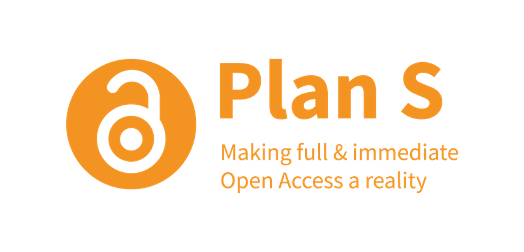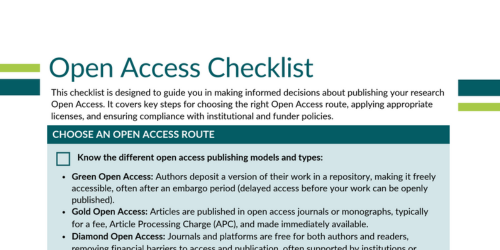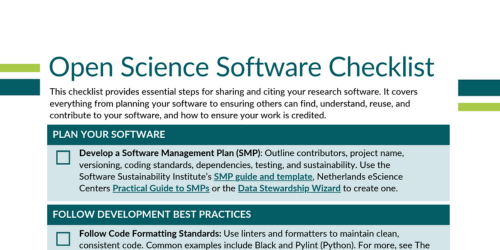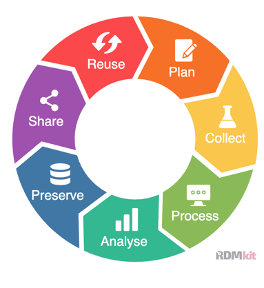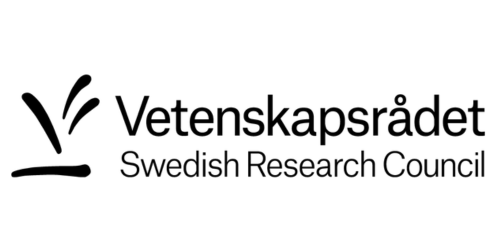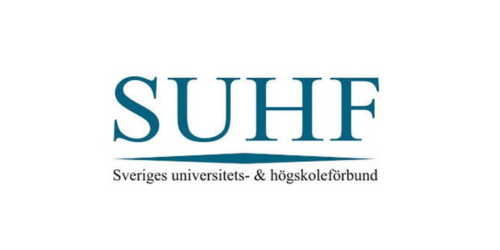Resources
Welcome to our Open Science Resources page. Here, you’ll find a collection of resources designed to help you integrate Open Science and FAIR principles into your work.
Search
Type
SciLifeLab's commitments to implementing Open Science and FAIR principles, as a signatory member of CoARA.
Affiliation:
SciLifeLab
EU policies promoting Open Science, open access, data sharing, and infrastructures like EOSC and OpenAIRE.
Affiliation:
European Commission
Helps researchers assess their knowledge of FAIR principles and improve data findability, accessibility, interoperability, and reusability.
Affiliation:
FAIRSFAIR
Guidelines from the National Library of Sweden supporting institutions in implementing Open Science practices.
Affiliation:
The National Library of Sweden (Kungl Biblioteket)
Slide deck produced by the Open Science team introducing key Open Science concepts.
Affiliation:
SciLifeLab Data Centre
Swedish Open Science portal with national policies, practical resources and news supporting open research, data sharing and public access nationwide.
Affiliation:
Openscience.se
Global initiative mandating immediate Open Access for publicly funded research.
Affiliation:
Plan S/cOAlition S
SciLifeLab's approach to Open Science, transparency, and FAIR data practices.
Affiliation:
SciLifeLab
Guide to selecting Open Access routes, applying licences, and fulfilling policy requirements, according to the FAIR principles.
Affiliation:
SciLifeLab Data Centre
Guidance for sharing, documenting, licensing, and citing research software, according to the FAIR principles.
Affiliation:
SciLifeLab Data Centre
Guidelines and resources for research data management from NBIS and SciLifeLab Data Centre.
Affiliation:
NBIS, SciLifeLab Data Centre
Platform for open access training resources and courses.
Affiliation:
SciLifeLab Training Hub
The Swedish Research Council's (Vetenskaprådet) strategy and recommendations for open and FAIR research practices
Affiliation:
Swedish Research Council (Vetenskaprådet)
Recommendations and actions for universities transitioning toward a responsible and open scientific system.
Affiliation:
SUHF
Resources for implementing Open Science based on the UNESCO Open Science Recommendation.
Affiliation:
UNESCO
© Media Element “Data life cycle diagram” by RDMkit licensed under CC BY 4.0
